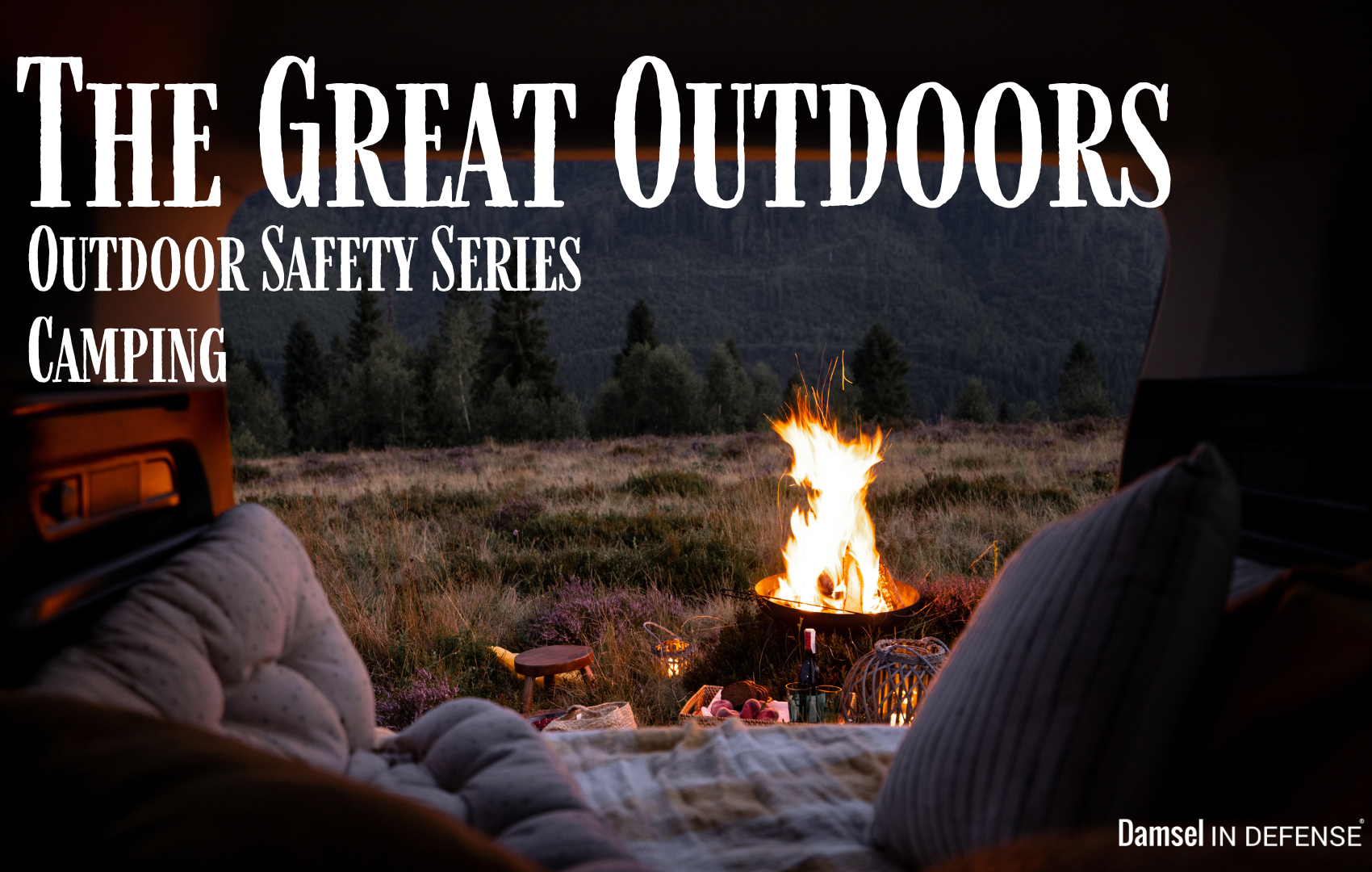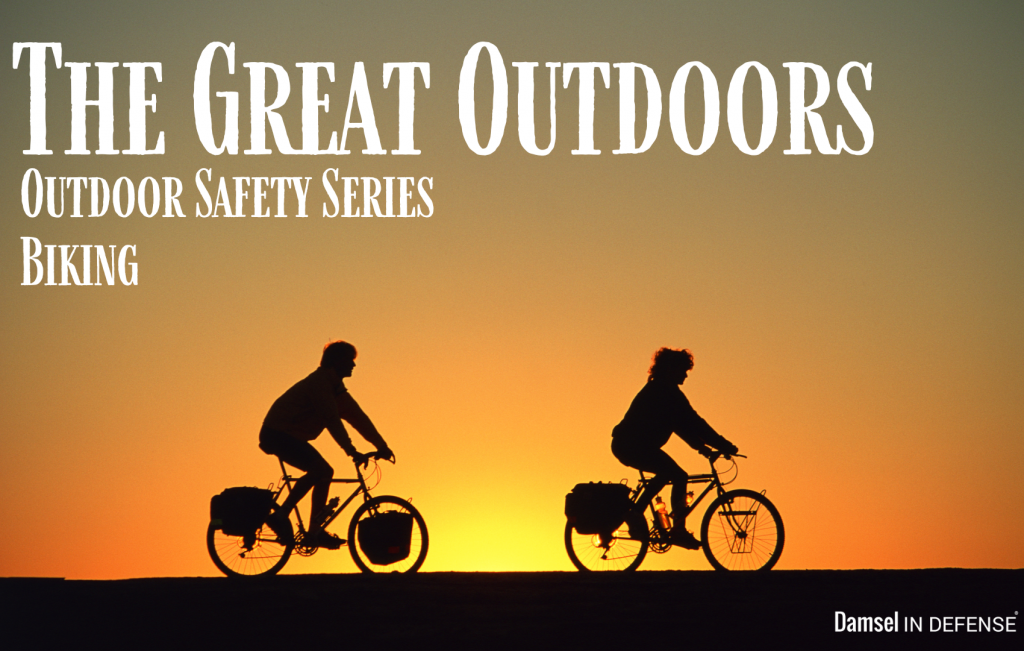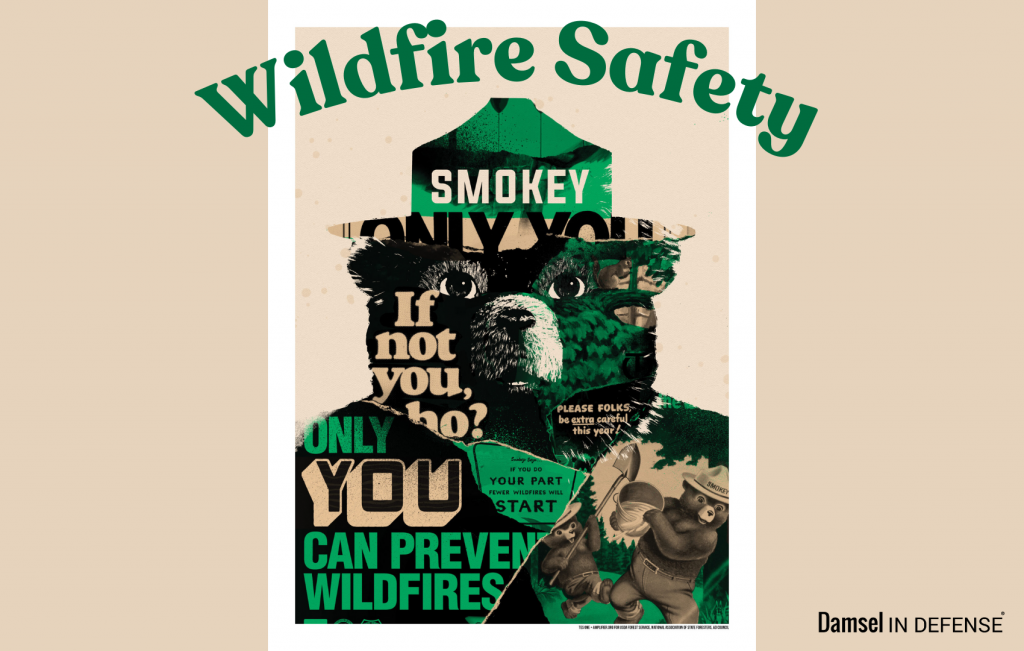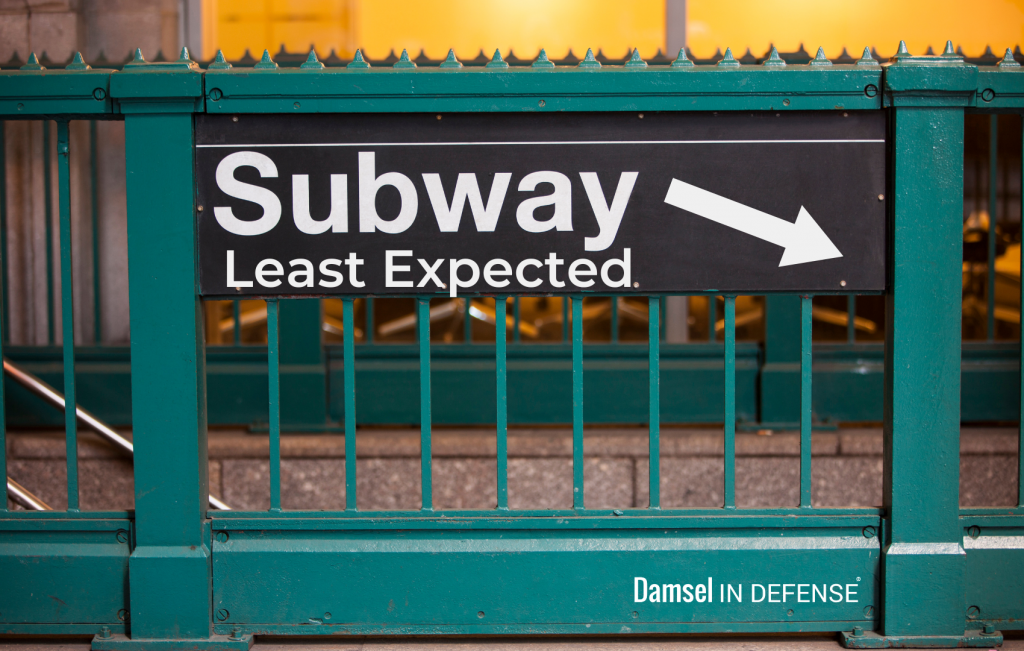
Camping is an activity that many people enjoy on a regular basis and can be done throughout the year. Whether you are an avid tent camper, prefer a trailer or RV, or love the cabin lifestyle, there are a few safety tips you can take to ensure a safe and enjoyable time out in the woods.
Tent Camping
Before You Go
- Practice pitching (setting up) the tent in your backyard, a park, or your living room
- You want to have a good idea of how the tent works and how big it is so you can clear a spot slightly bigger at the campsite
- Research the area and pick the campsite based on reviews and safety
- Create a checklist of all the things you need, and all the things you might
- We recommend this checklist from REI
- Ensure you include a Junk in the Trunk kit and a Road Trip as well!
- Get in touch with those you are going with to divide shared supply responsibility
- If you are unsure if someone in the group will pull their weight, try assigning them an item that is non-essential or consider bringing an extra
- Check the weather and plan to pack accordingly!
- Send out your predicted and actual location to friends and/or family
- For your safety, tell as many trusted friends and/or family where you are headed and who you are going with and for how long
- In case you are not back by your expected time, or in the event of an emergency, they will be able to locate you
- Plan to arrive before dark
- Especially if it is an unfamiliar campsite, or you have little to no camping experience
Arrival
- Prior to pitching your tent, check the area for and clear it of any glass, sharp or large rocks, branches, large ant beds, bees, or any other hazardous objects
- Remember, ground-nesting bees look for sandy, well-drained soil
- Ensure your tent is at least 15 yards upwind from grills or fire pits
- Secure your tent down, even in ideal camping conditions
- Most tents come with metal stakes to use, or use heavy logs and rocks
Tent Trailer, Trailer, or RV Camping
Before You Go
- Practice opening and closing up your desired four wheel camper
- You want to have a good idea of the features, how it works, and how big it is so you can ensure it will fit in your campsite
- Practice driving with the camper
- We recommend knowing how to back up, turn, and use mirrors in an empty parking lot
- All adults should know how to operate the camper in an event of an emergency
- Research the area and pick the campsite based on reviews and safety
- Create a checklist of all the things you need, and all the things you might
- We recommend this checklist from Campers Inn RV
- Ensure you include a Junk in the Trunk kit, a Step Off, and a Road Trip as well!
- Get in touch with those you are going with to divide shared supply responsibility
- If you are unsure if someone in the group will pull their weight, try assigning them an item that is non-essential or consider bringing an extra
- Check the weather and plan to pack accordingly!
- Send out your predicted and actual location to friends and/or family
- For your safety, tell as many trusted friends and/or family where you are headed and who you are going with and for how long
- In case you are not back by your expected time, or in the event of an emergency, they will be able to locate you
- Plan to arrive before dark
- Especially if it is an unfamiliar campsite, or you have little to no camping experience
Arrival
- Keep all fire sources away from your camper
- Includes grills and fire pits
- Never answer your door at night unless you are expecting someone
- Be respectful and polite to your neighbors
- You may even make new friends!
- Secure valuables
- Actually, do not even think about bringing valuables camping. You do not need a diamond necklace or gold watch while in the woods!
- Invest in a cheap, waterproof watch instead and buy jewelry from local shops as a keepsake
- Avoid running space heaters in the underbelly of your RV or in any storage bays
- Keep blinds drawn, especially at night
Cabin Camping
Before You Go
- Research the area and look at the cabin reviews
- Create a checklist of all the things you need, and all the things you might
- Get in touch with those you are going with to divide shared supply responsibility
- If you are unsure if someone in the group will pull their weight, try assigning them an item that is non-essential or consider bringing an extra
- Check the weather and plan to pack accordingly!
- Send out your location to friends and/or family
- For your safety, tell as many trusted friends and/or family where you are headed and who you are going with and for how long
- In case you are not back by your expected time, or in the event of an emergency, they will be able to locate you
- Plan to arrive before dark
- Especially if it is an unfamiliar campsite, or you have little to no camping experience
Arrival
- Be respectful to the cabin rules and regulations
- Check for any warning signs and sudden notices about wildlife or weather
- Practice no trace – Pack It In, Pack It Out!
General Safety
Fire Safety
- Check out our Bonfire Safety Blog Post for detailed information!
Wildlife Safety
- Store Food Properly
- Use bear-resistant containers or hang food away from the ground and trees to prevent attracting animals
- Wash all dishes thoroughly and with environment safe soap
- Throw away scraps only in designated bins and avoid leaving cans outside
- Be Aware of Surroundings
- Know which wild animals are common for the area you are camping in
- Never approach or feed the animals
- Including the racoons or as some Gen Z-ers call them, “Trash Pandas”
- Carry a bear bell or make noise while hiking to alert wildlife to your presence
- If you do not know your neighbors, be wary of trusting them but be friendly!
- Be cautious of hazards and take appropriate precautions
Other Tips
- Wash Your Hands
- Wash your hands or use hand sanitizer when needed, especially before eating
- Stay Hydrated
- Drink lots of water and use extra hydration packets when needed
- Protect Yourself from the Sun
- Use sunblock, a sun hat, and other protection methods
- Carry allergy medication
- For those with severe allergies, be mindful of where the nearest hospital is and consider choosing a campground close to one
- Practice Leave No Trace Principles:
- Pack out everything you pack in
- Minimize your impact on the environment around you
- Know what poisonous plants look like and avoid them
- Wear appropriate clothing based on weather
Camping can be a fun, safe, and enjoyable activity for all! Simply remember to stay prepared and protected! To purchase the items mentoned above, locate your nearest Damsel Safety Educator here.



